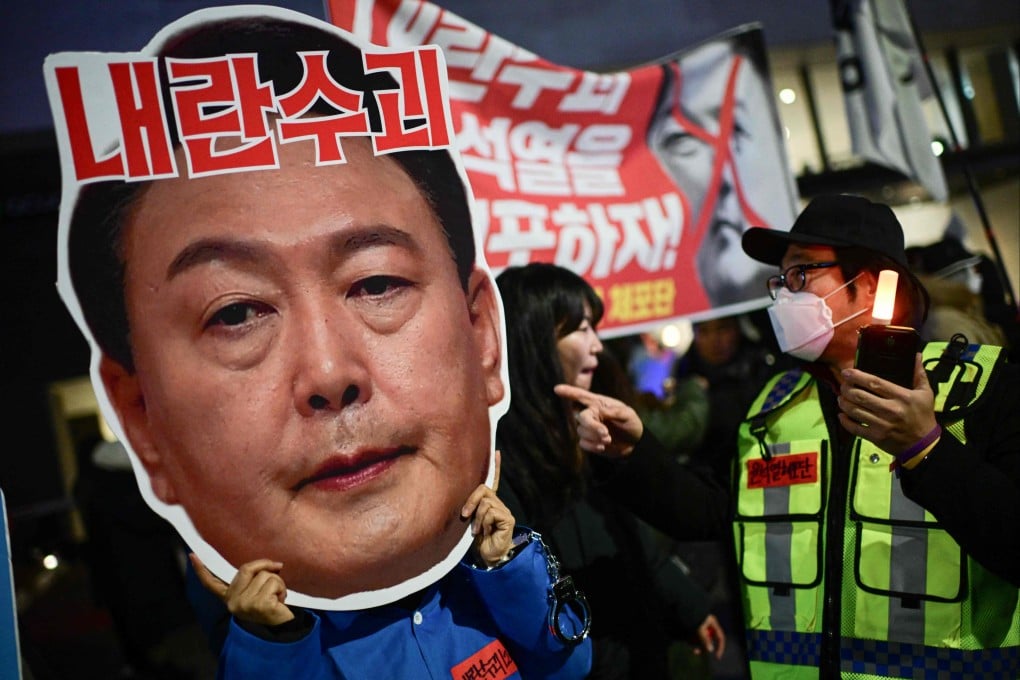Advertisement
The View | Asia’s property markets are shrugging off political risks
Despite the prominence of domestic and geopolitical strife, it is policy that ultimately matters most to markets in Hong Kong, Seoul, India and Japan
Reading Time:4 minutes
Why you can trust SCMP

When it comes to political risk, the pendulum of threats swung to advanced economies some time ago. Ever since the euro-zone debt crisis erupted in 2009, financial markets belatedly realised that risks in developed economies had been overlooked and underpriced.
Advertisement
Britain’s unexpected decision in 2016 to vote to leave the European Union, quickly followed by the victory of Donald Trump in that year’s US presidential election, forced investors to rethink their asset allocation and their perceptions of sovereign risk more generally.
The appropriateness of the term “emerging markets” has come into question, partly because many countries classified as developing economies can be safer and more creditworthy than some of their advanced peers.
South Korea shed the emerging market label a long time ago. Having undergone one of the most profound structural transformations in the past 60 years, Asia’s fourth-largest economy is not just a technological powerhouse but also one of the region’s most vibrant democracies.
This made the attempted coup by the President Yoon Suk-yeol on December 3 all the more shocking. Although swiftly and firmly repudiated by opposition politicians and protesters, Yoon’s reckless decision to declare martial law has plunged South Korea into a constitutional crisis and damaged the nation’s international standing.
Advertisement
S&P Global Ratings said the coup attempt was “highly unexpected” for a country with a strong credit rating and had “undermined perceptions of political stability”. While South Korean policymakers reassured markets by pledging unlimited liquidity support if needed, the crisis could not come at a worse time for a nation at the sharp end of trade protectionism.

Advertisement
